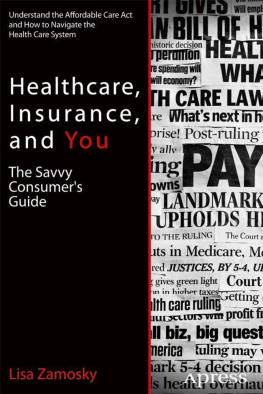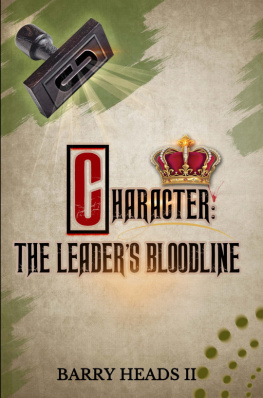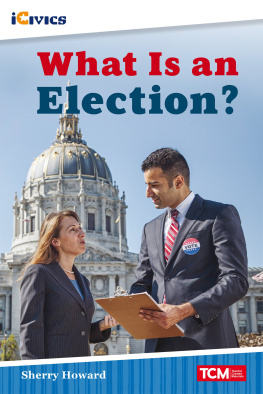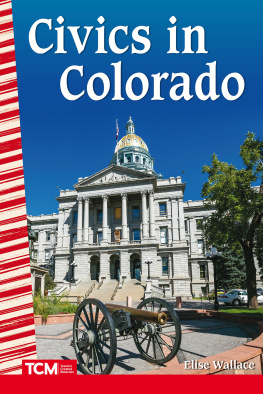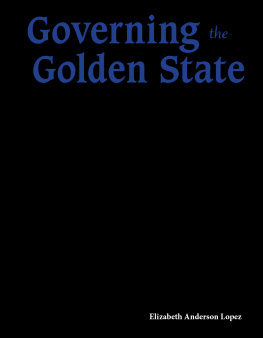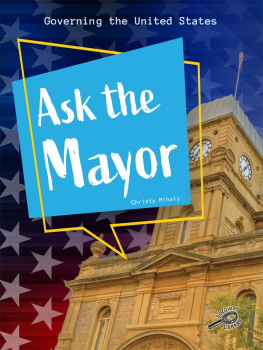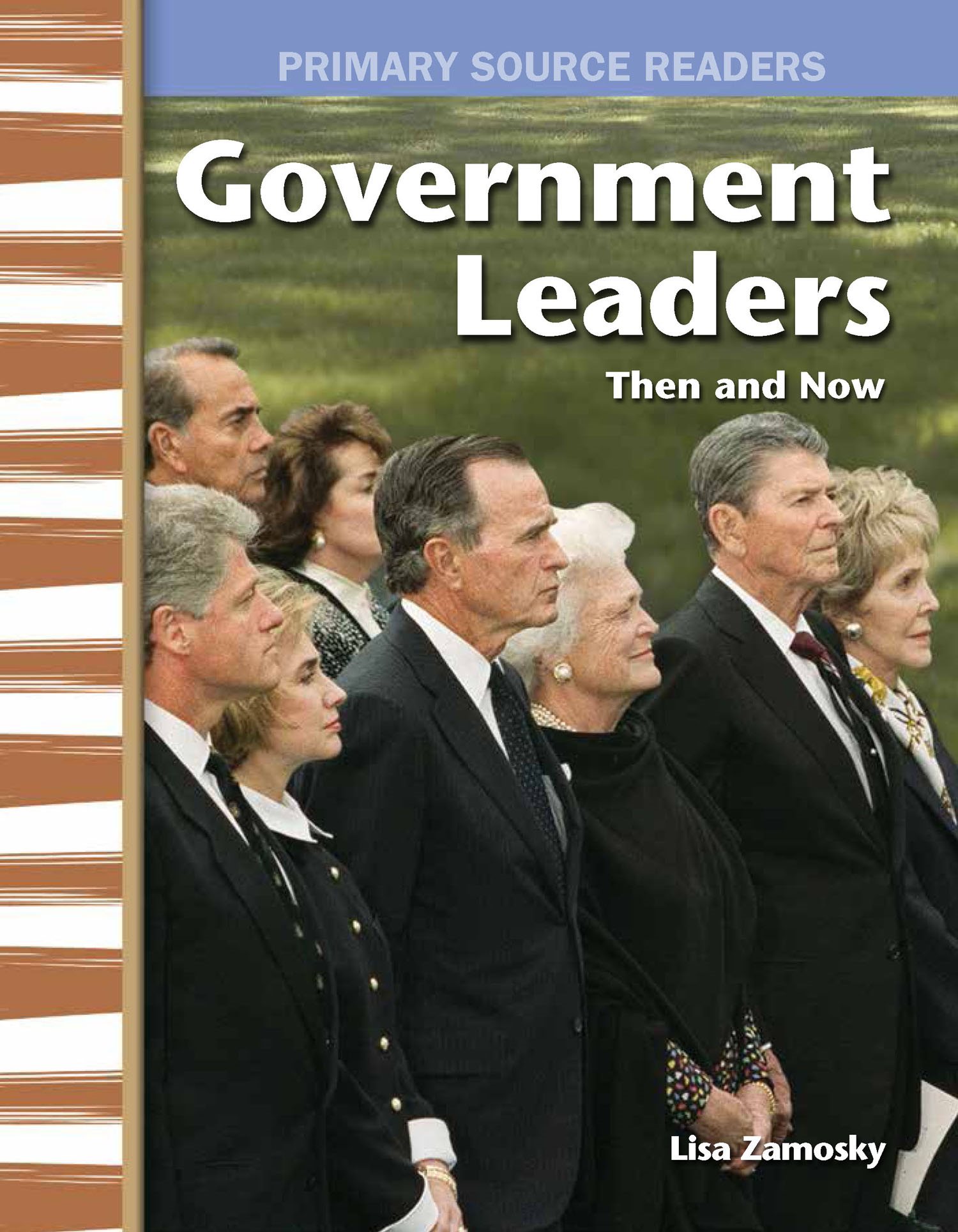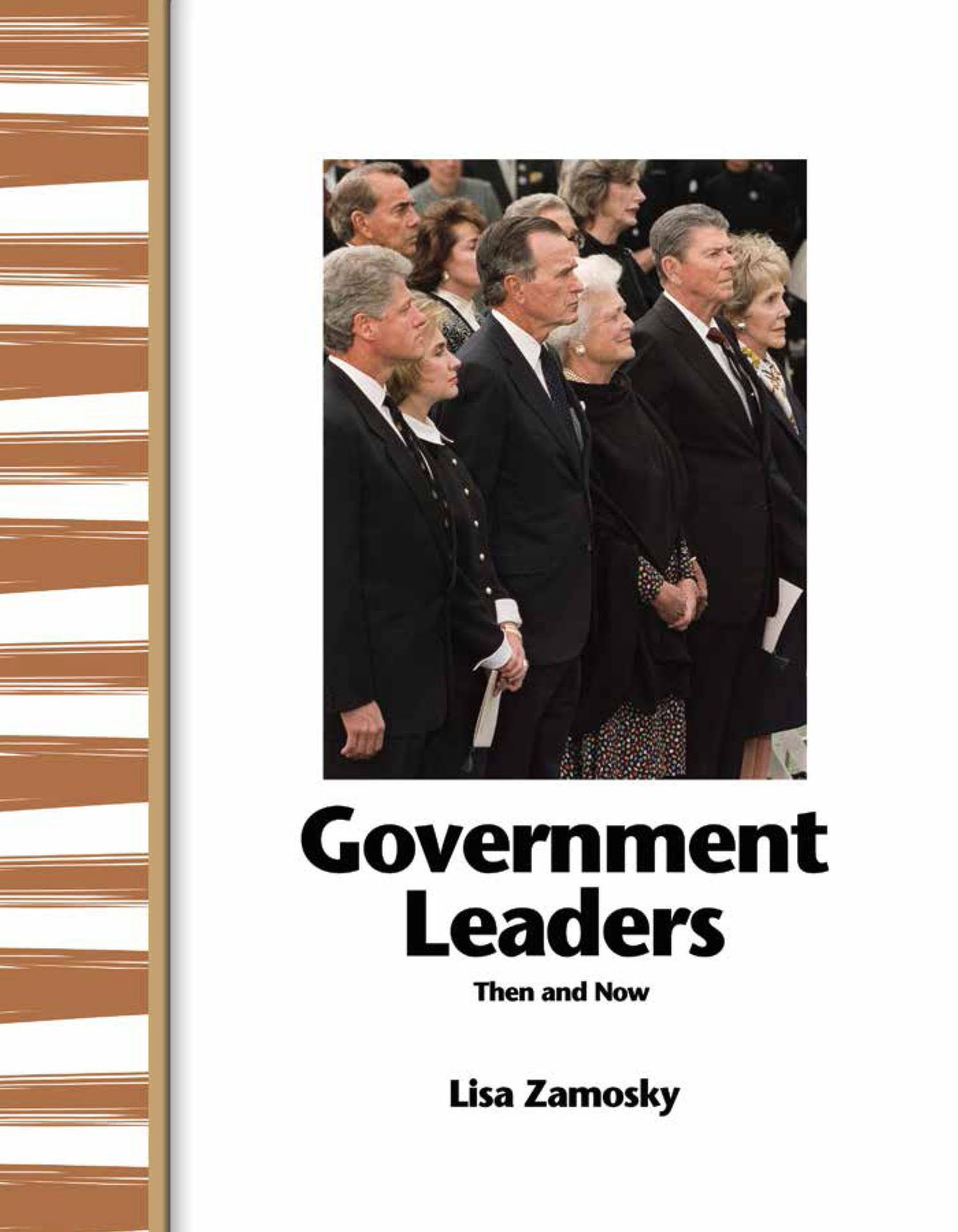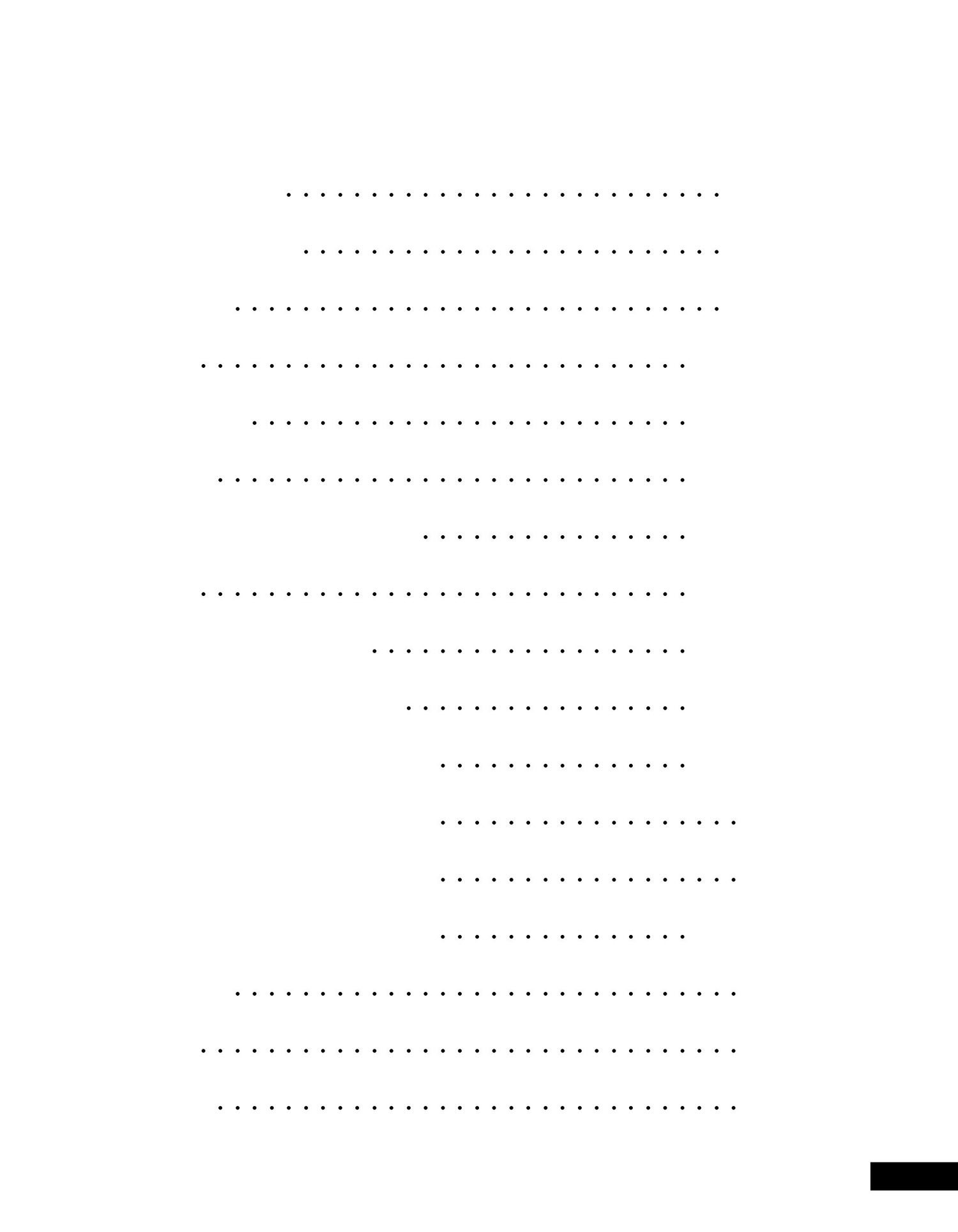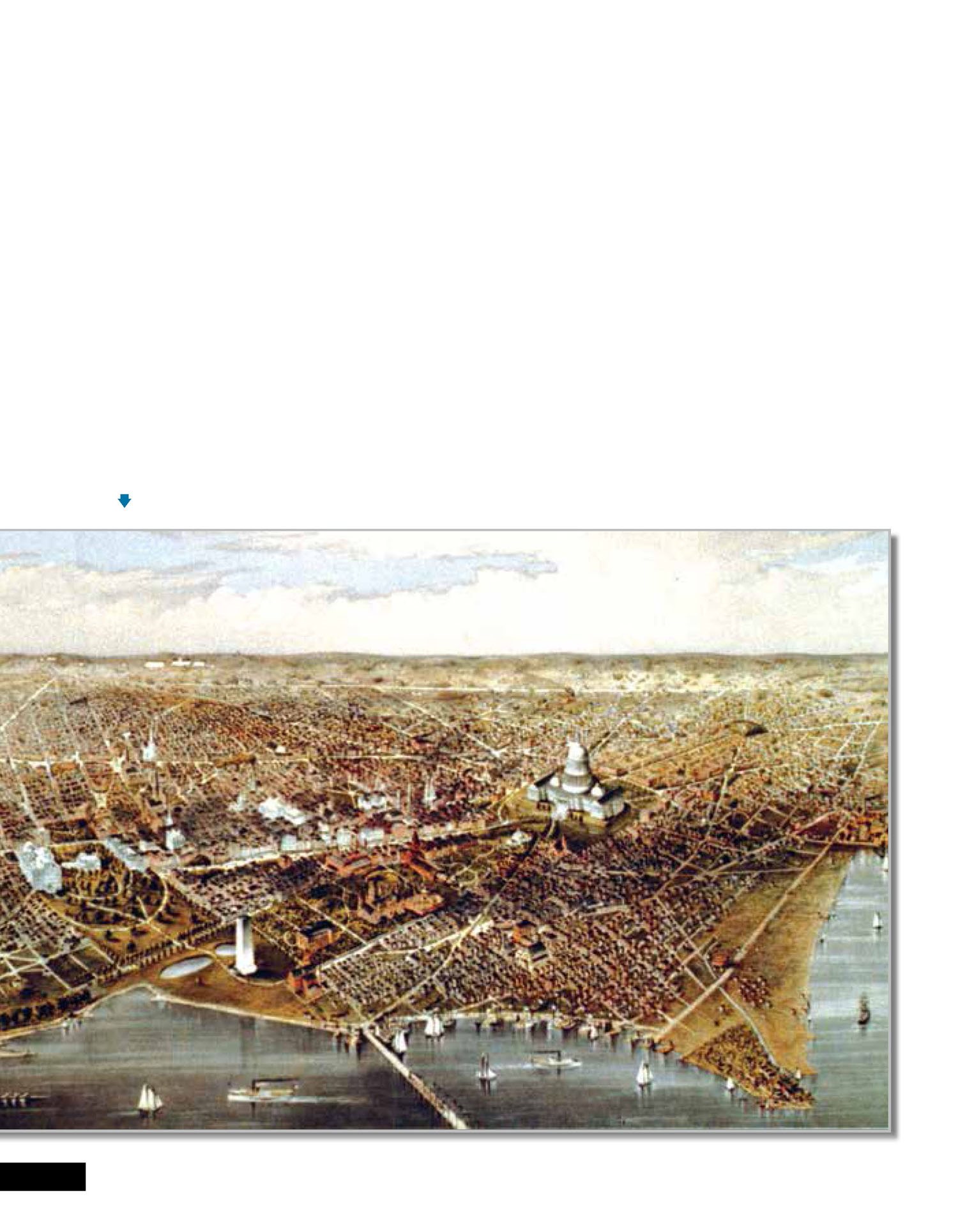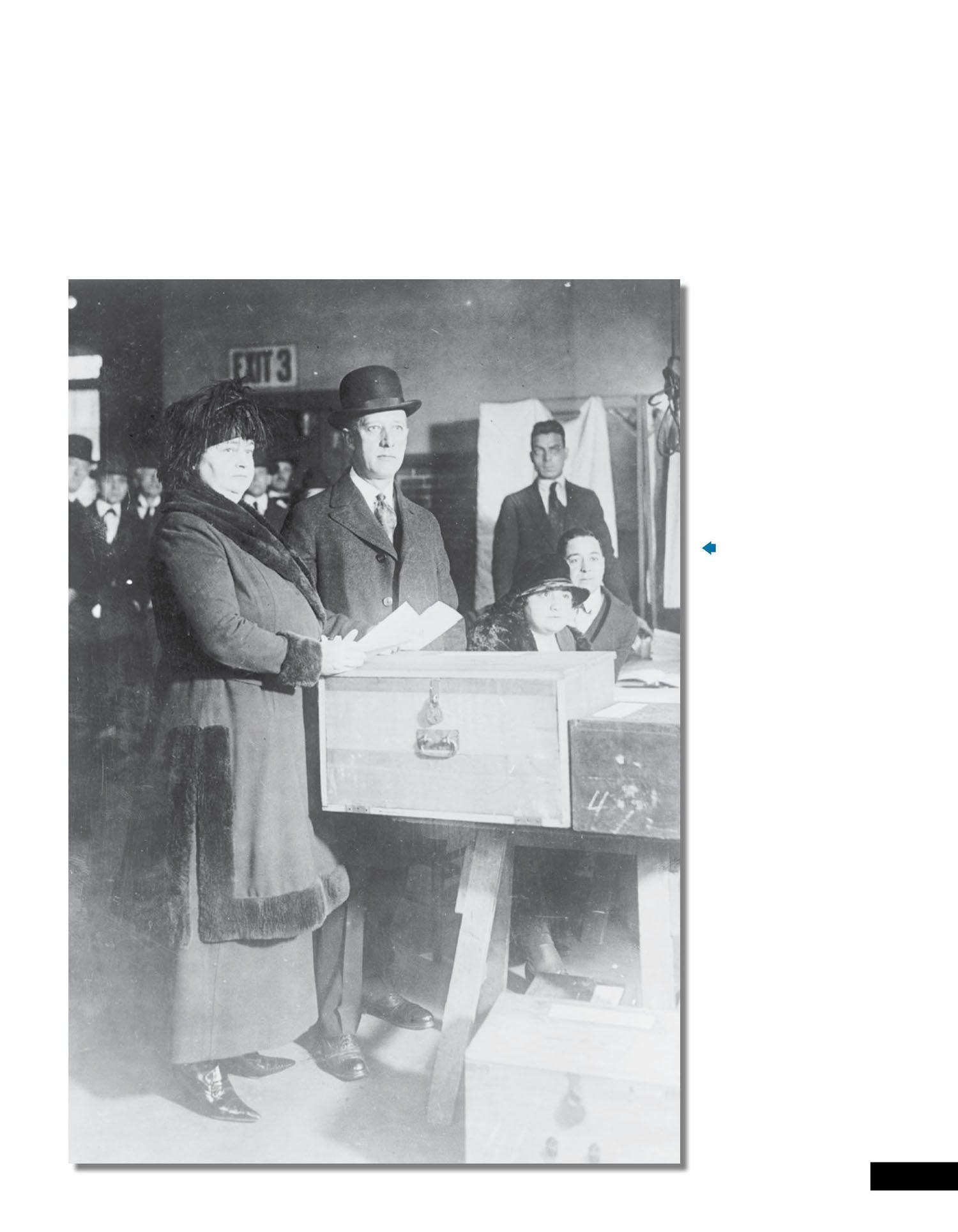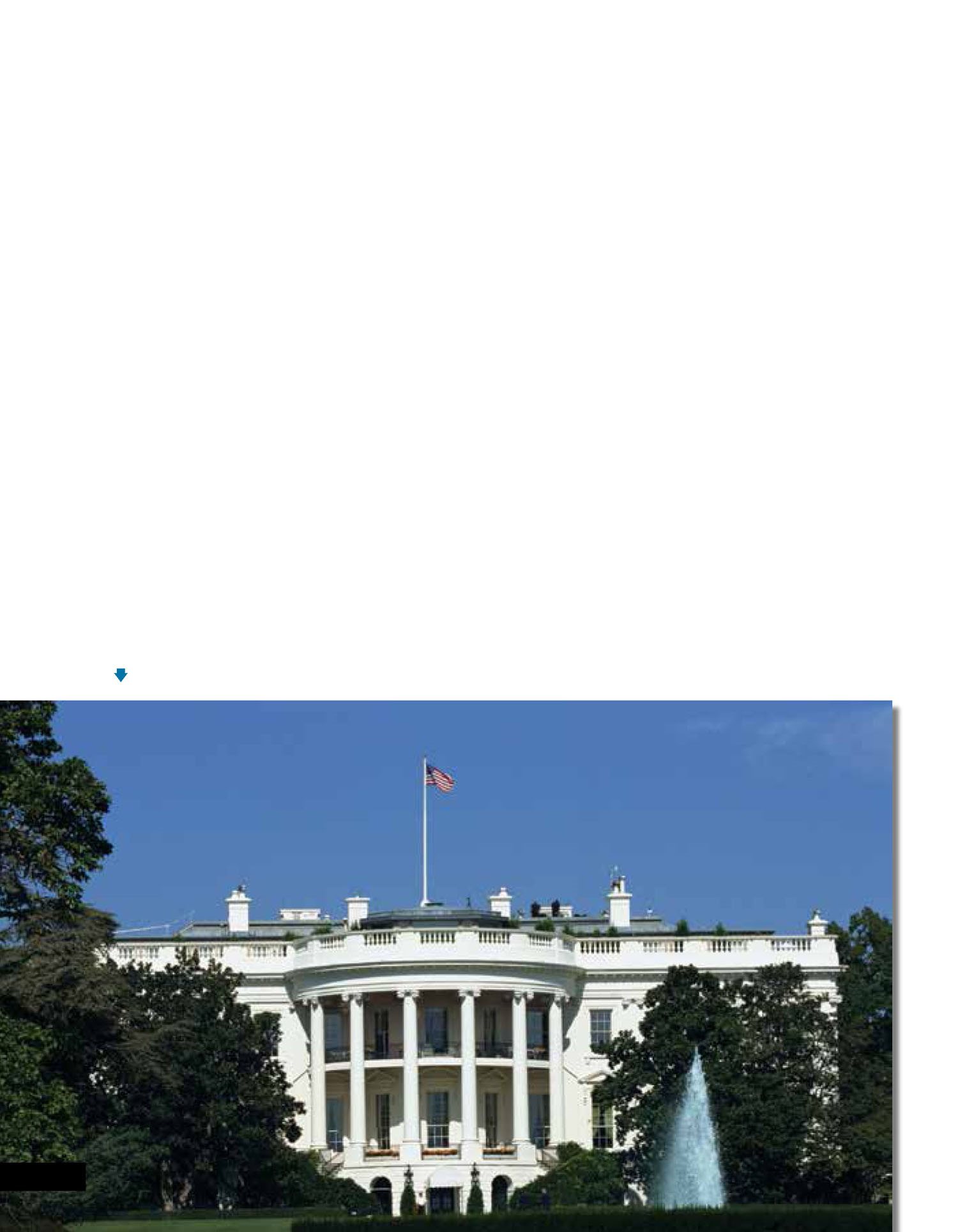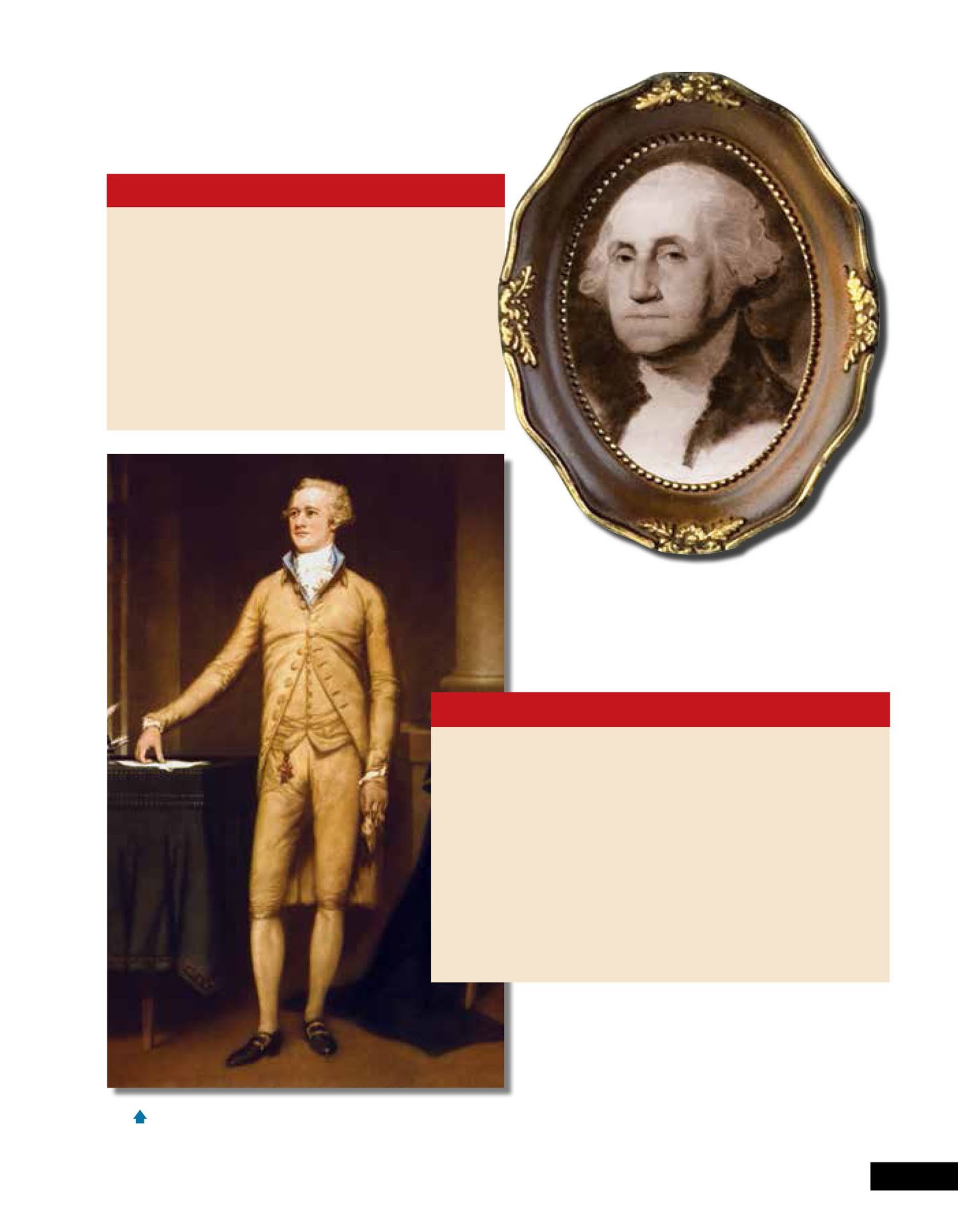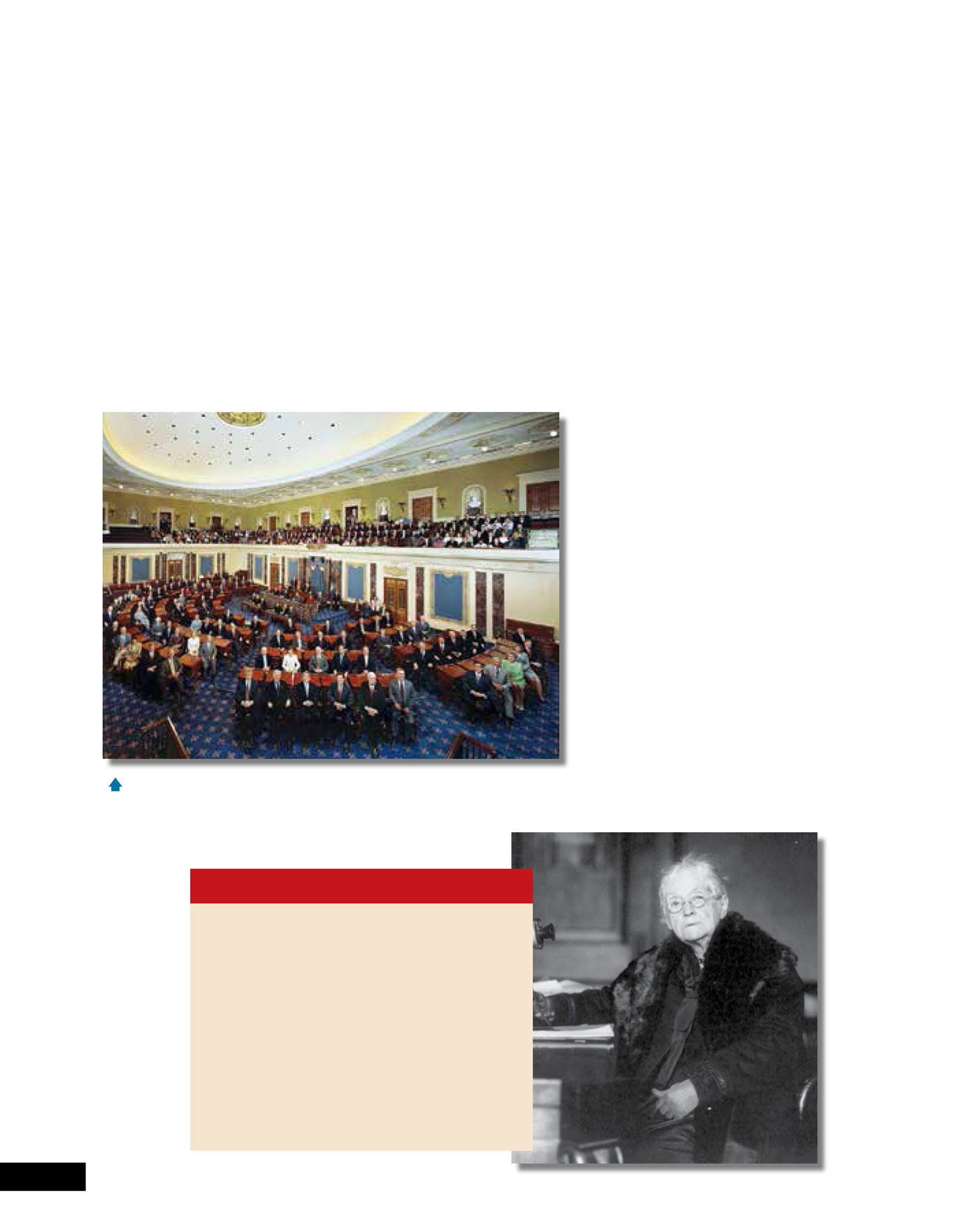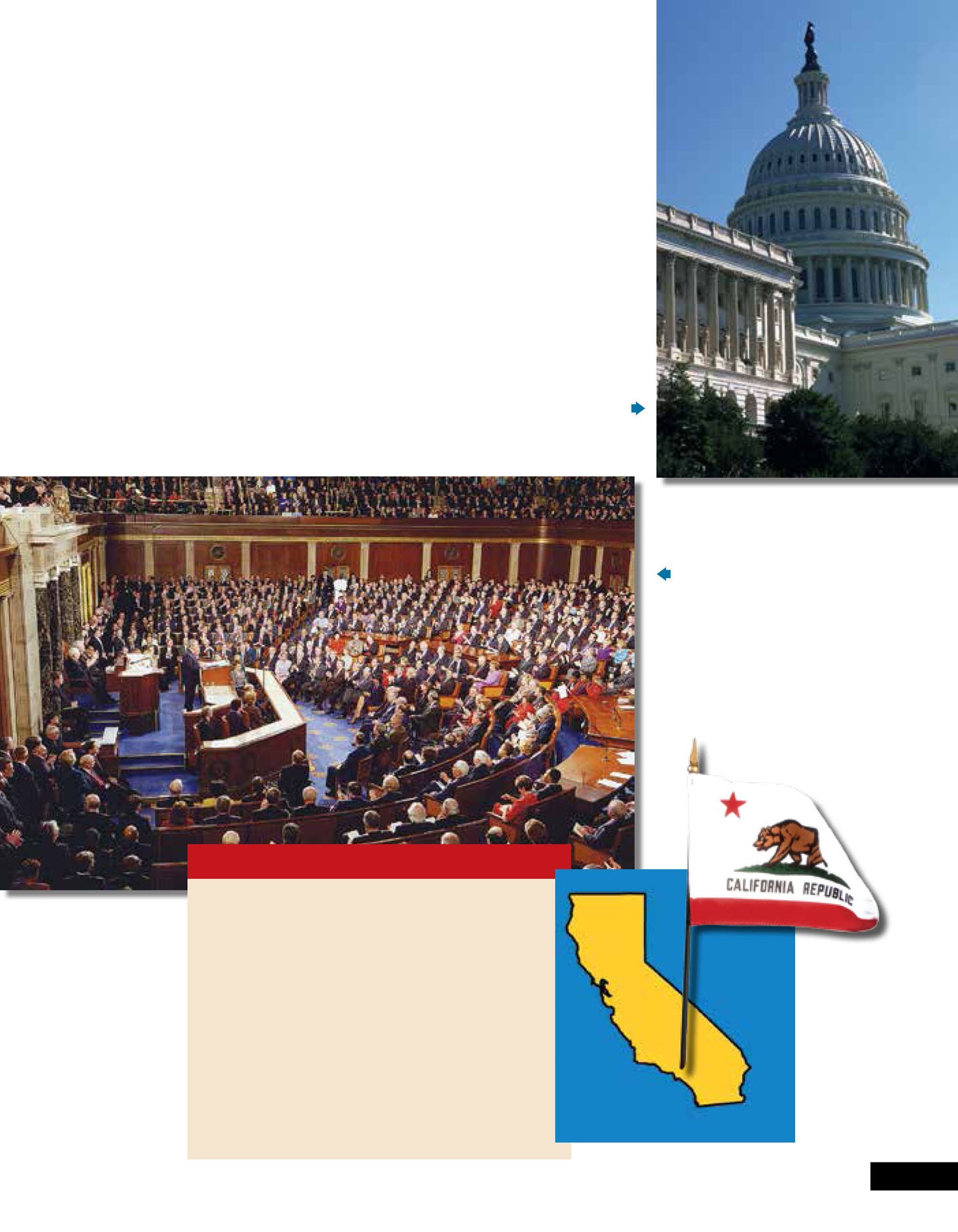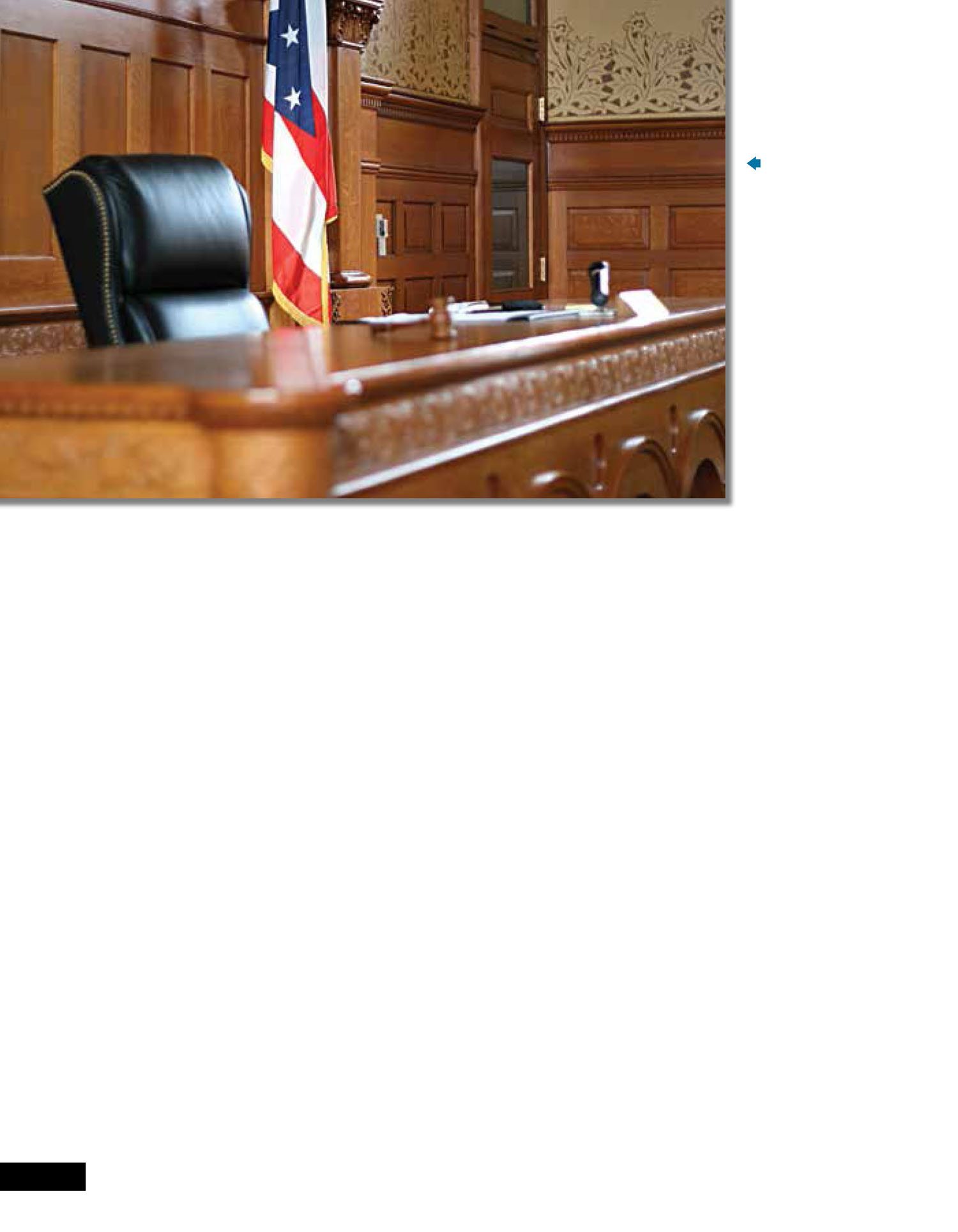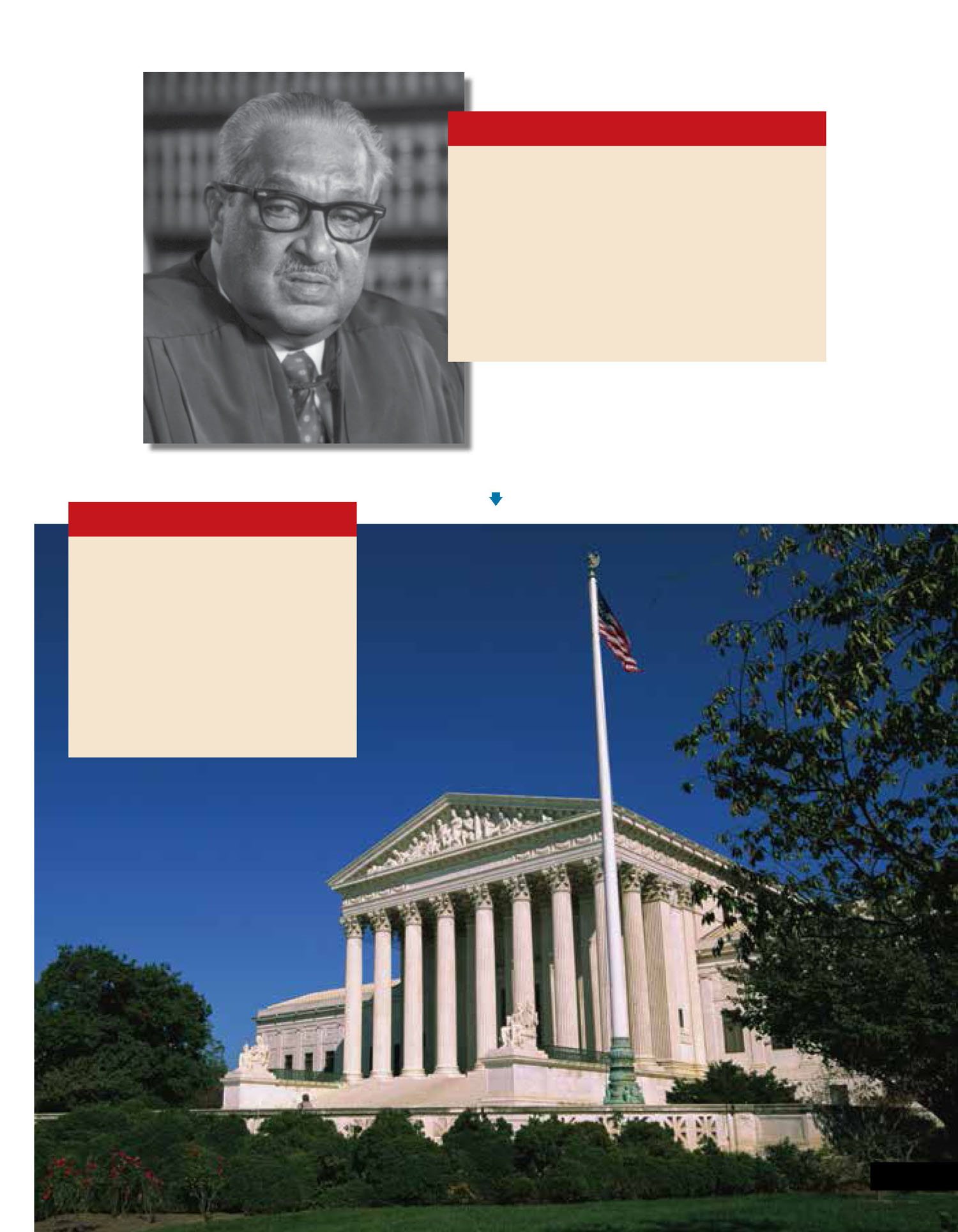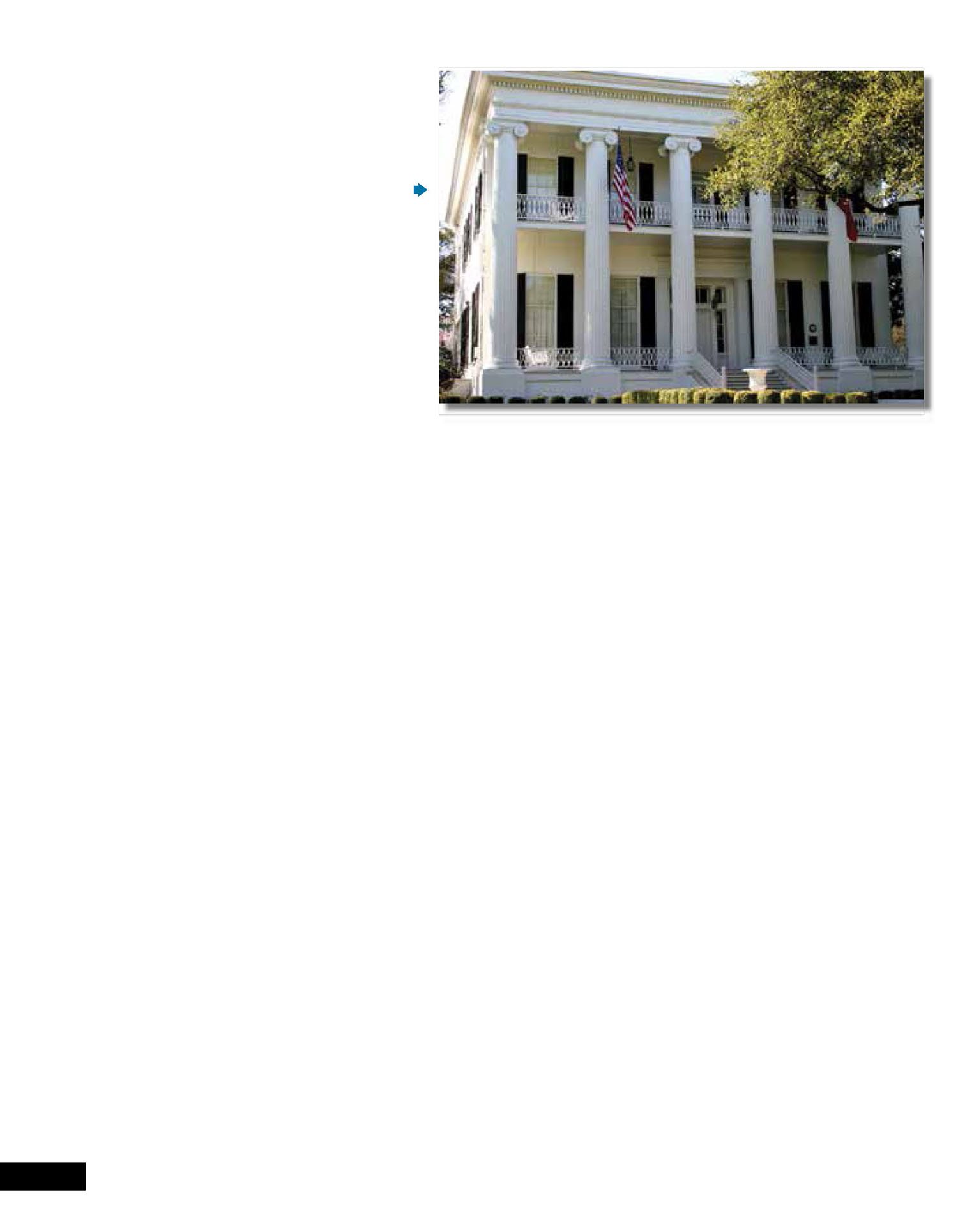Associate Editor
Creative Director
Christina Hill, M.A.
Lee Aucoin
Assistant Editor
Illustration Manager
Torrey Maloof
Timothy J. Bradley
Editorial Director
Designers
Emily R. Smith, M.A.Ed.
Lesley Palmer
Debora Brown
Project Researcher
Zac Calbert
Gillian Eve Makepeace
Robin Erickson
Editorial Manager
Project Consultant
Gisela Lee, M.A.
Corinne Burton, M.A.Ed.
Editor-in-Chief
Publisher
Sharon Coan, M.S.Ed.
Rachelle Cracchiolo, M.S.Ed.
Teacher Created Materials
5301 Oceanus Drive
Huntington Beach, CA 92649
http://www.tcmpub.com
ISBN 978-0-7439-9386-9
ePUB ISBN 978-1-5457-2666-2
2007 Teacher Created Materials, Inc.
Table of Contents
Government
People who make laws and solve problems form a
government (GUHV-uhrn-muhnt). There are government
leaders all over the world. They may work to help a
whole country (KUHN-tree). Or, they may work with a
state or a city. These leaders help run our communities
(kuh-MEW-nuh-tees).
Washington, D.C. is the center of our government.
In this country, we choose our leaders by voting.
Any citizen (SIT-uh-zuhn) at least 18 years old can vote.
We are lucky. Some people in the world do not have
that choice.
This couple is
voting in the
early 1900s.
The President
Washington, D.C., is a city in the United States. It
is also the capital . A lot of important leaders live and
work there.
The president (PREZ-uh-duhnt) is our most
important leader. He leads the whole country. He lives
in the White House. The president works hard to keep
things fair for everyone. And, he makes sure that the
laws of the country are followed. Citizens of the United
States vote for a new president every four years.
The president of the United States lives in the White House.
Naming the City
Washington, D.C. was named
after George Washington. He
was the first president of the
United States.
Bright Idea
A man named Alexander Hamilton
had a great idea. He wanted to build
a capital city. This would be where
all the leaders could work. His idea
became Washington, D.C.
Alexander Hamilton
Congress
Congress is a part of the government. The people
in Congress make laws for the country. And, they work
closely with the president.
The Senate is one part of Congress. It has 100
members. That is two from every state. The vice
president of the
United States is
the president of the
Senate. He votes on
laws if there is
a tie.
This is the room where the Senate meets.
Two Days!
Rebecca Felton was the first
woman to be a United States
senator. But, she was only
in office for two days! Then,
a new senator took over.
The House of Representatives
(rep-ri-ZENT-uh-tivz) is the other
part of Congress. It is much bigger.
It has 435 members. The number of
members from each state is different.
States with more people have more
members.
Congress works in the
Capitol building.
The House of
Representatives
meets in this
room.
Big State
California (kal-uh-FORN-nyuh)
has the most members in the
House of Representatives. The
reason for this is that more
people live there than in any
other state.
Judges sit in
the front of
courtrooms.
Judges
Judges (JUHJ-uhz) have important jobs. Judges have
to decide what the laws mean. They have to understand
the Constitution (kon-stih-TOO-shun) of the United
States. The laws have to follow what the Constitution
says.
Sometimes people cannot agree on things. So, they go
to court. A judge decides their cases. The people have to
do what the judge says.
Judges can be found at every level of government.
They work for cities, states, and the country. The highest
court is called the Supreme Court.
First on
the Bench
Thurgood Marshall was the first
African American to serve on
the Supreme Court.
This is the Supreme Court building.
Female Justice
Sandra Day OConnor
was the first woman on
the Supreme Court. She
served for 24 years.
The governor of Texas
lives in this house.
Governors
The governor (GUV-uhr-nuhr) is the leader of a
state. Governors make sure that the laws of their states
are followed. To do this, they work with other members
of state government. Every state has a state Congress.
The state congresses help the governors make big
decisions (dih-SIZ-uhnz).
State governments have certain jobs they must do.
They work to help their citizens. States collect taxes


